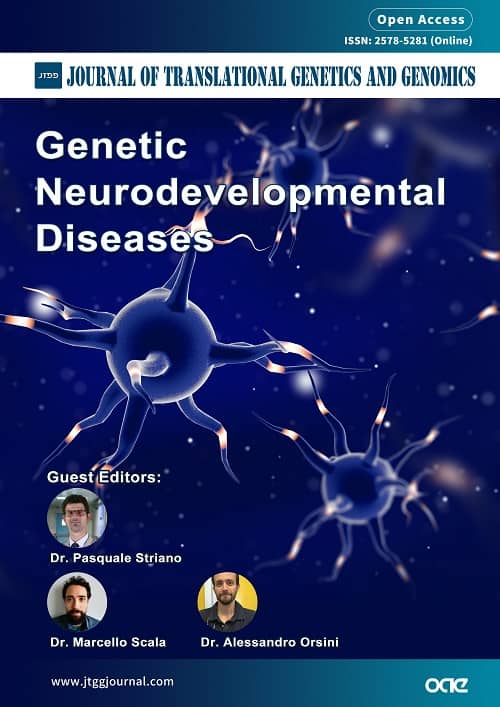Guest Editors
Dr. Pasquale Striano
Pediatric Neurology and Muscular Diseases Unit, IRCCS Istituto Giannina Gaslini, Genoa, Italy.
Department of Neurosciences, Rehabilitation, Ophthalmology, Genetics, Maternal and Child Health, University of Genova, Genova, Italy.
Dr. Marcello Scala
Pediatric Neurology and Muscular Diseases Unit, IRCCS Istituto Giannina Gaslini, Genoa, Italy.
Department of Neurosciences, Rehabilitation, Ophthalmology, Genetics, Maternal and Child Health, University of Genova, Genova, Italy.
Dr. Alessandro Orsini
Pediatric Neurology, Pediatric University Department, Azienda Ospedaliera Universitaria Pisana, University of Pisa, Italy.
Special Topic Introduction
Neurodevelopmental disorders (NDDs) are complex and heterogeneous conditions which may appear difficult to formally conceptualise. They include a broad group of disorders involving a disruption of brain development, which are characterized by cognitive-communicative impairment, adaptive functioning deficits, and overall impaired psychomotor skills. Among other clinically and causally disparate neurological and psychiatric disabilities, NDDs include rare genetic syndromes, congenital neural anomalies, autism spectrum disorder (ASD), attention deficit hyperactivity disorder (ADHD), cerebral palsy, and epilepsy. The advances in genetic testing achieved through whole exome and genome sequencing (WES, WGS) have revealed a complex underlying molecular architecture embracing different types of genetic alterations, which span from single nucleotide variants (SNVs) to large chromosomal rearrangements. The difficulties in establishing definite genotype-phenotype correlations, combined with the relevant role played by individual lifestyle and gene-environment interactions in determining disease severity, further complicate the scenario and highlight the growing medical challenge represented by NDDs in modern medicine. So far, ~700 genes have been linked to syndromic and non-syndromic forms of NDD, with the intriguing pathogenic role of noncoding genetic alterations emerging recently. In addition, the better understanding of the molecular pathogenic mechanisms has revealed to be an essential piece of the puzzle towards the development of targeted therapeutic approaches and the improvement of patient management. The aim of this Special Issue is to provide an updated overview of the heterogeneous genetic aspects involved in NDDs through the report of exemplary cases and the review of the most intriguing underlying pathomechanisms. Accordingly, this issue will include Reviews, Mini-Reviews, Original Research/Brief Communication articles and a limited number of case reports (at least 2 patients) of special interest.
Keywords
Neurodevelopmental disorders, genetic, congenital neural anomalies, autism spectrum disorder
Submission Deadline
30 Nov 2024
Submission Information











